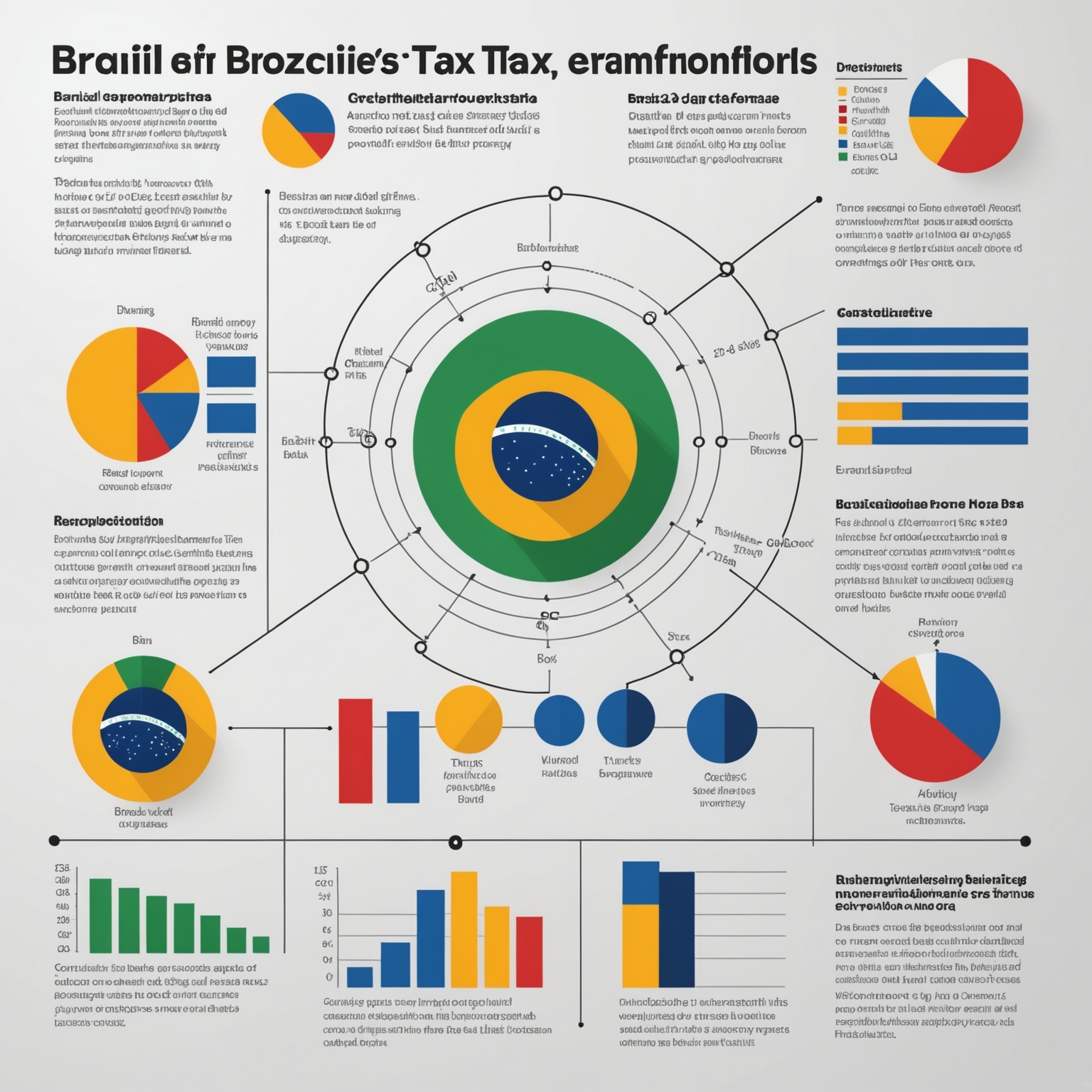Economic Reforms in Brazil 2023: A New Era of Fiscal Responsibility

Economic Reforms in Brazil 2023: A New Era of Fiscal Responsibility
As Brazil enters 2023, the nation embraces a series of bold economic reforms aimed at achieving fiscal stabilization and setting a precedent for future governance. This article provides an in-depth look at these key reforms, exploring their components, objectives, and the expected impact on both the Brazilian economy and its global standing.
Introduction to Brazil's Fiscal Reforms
In response to economic challenges, Brazil's government has launched comprehensive fiscal reforms. These reforms are designed to address longstanding issues such as high public debt, budget deficits, and economic inefficiency. By focusing on fiscal responsibility, Brazil aims to foster a more stable economic environment conducive to growth and investor confidence.
Key Components of the 2023 Economic Reforms
The 2023 economic reforms in Brazil encompass several key areas including tax reform, public spending controls, and pension system adjustments. Each component is crafted to contribute significantly to the overall goal of fiscal stabilization.
Tax Reform: Simplifying the tax system to enhance compliance and increase revenues. This involves reducing tax rates on businesses and simplifying the tax code to reduce evasion and corruption.
Public Spending Controls: Introducing stricter controls on public expenditures. The government is implementing caps on spending growth to ensure that increases are sustainable and aligned with economic growth.
Pension Reform: Overhauling the pension system to make it more sustainable. These changes are crucial in addressing demographic shifts and the long-term financial sustainability of Brazil's social security system.








